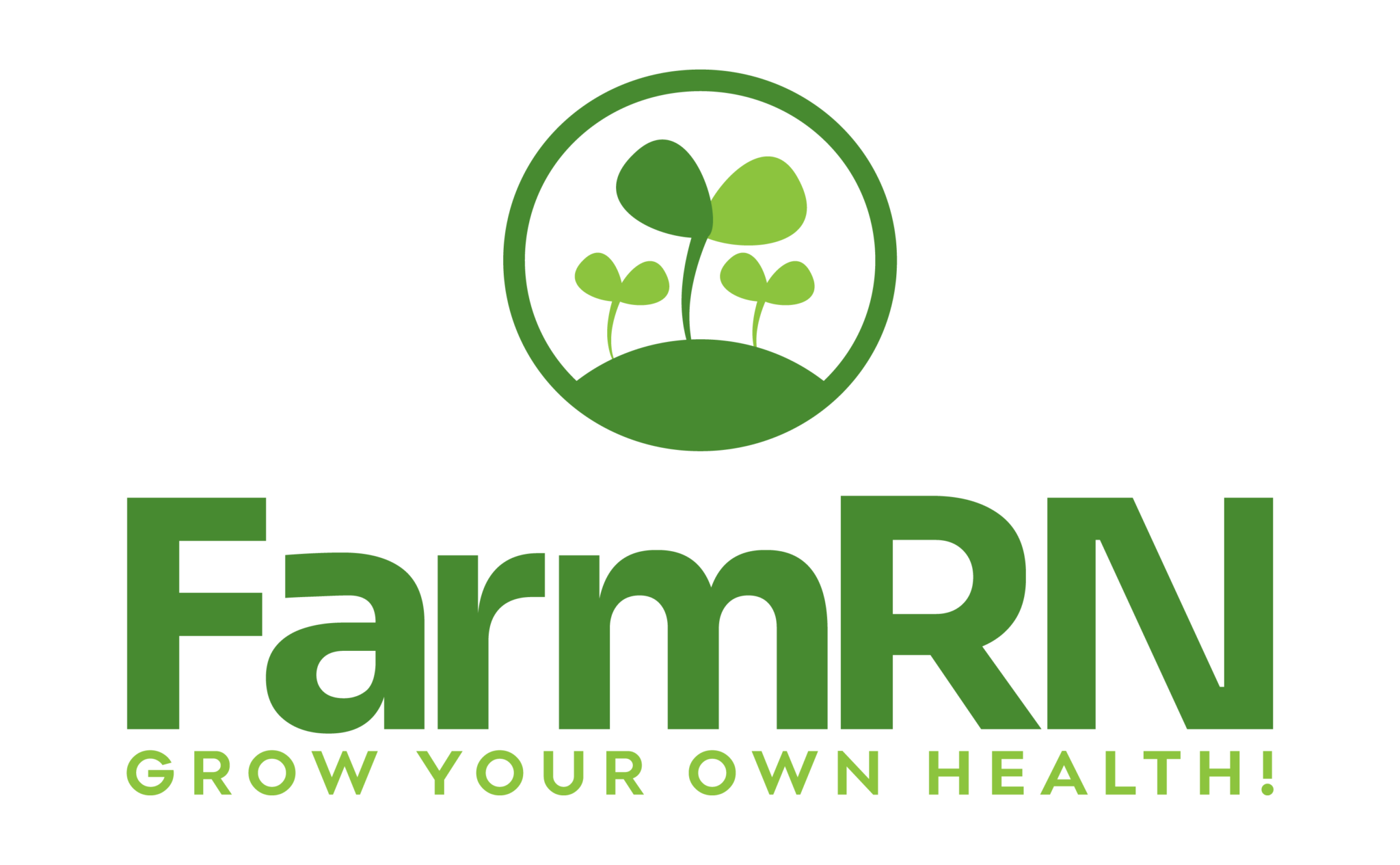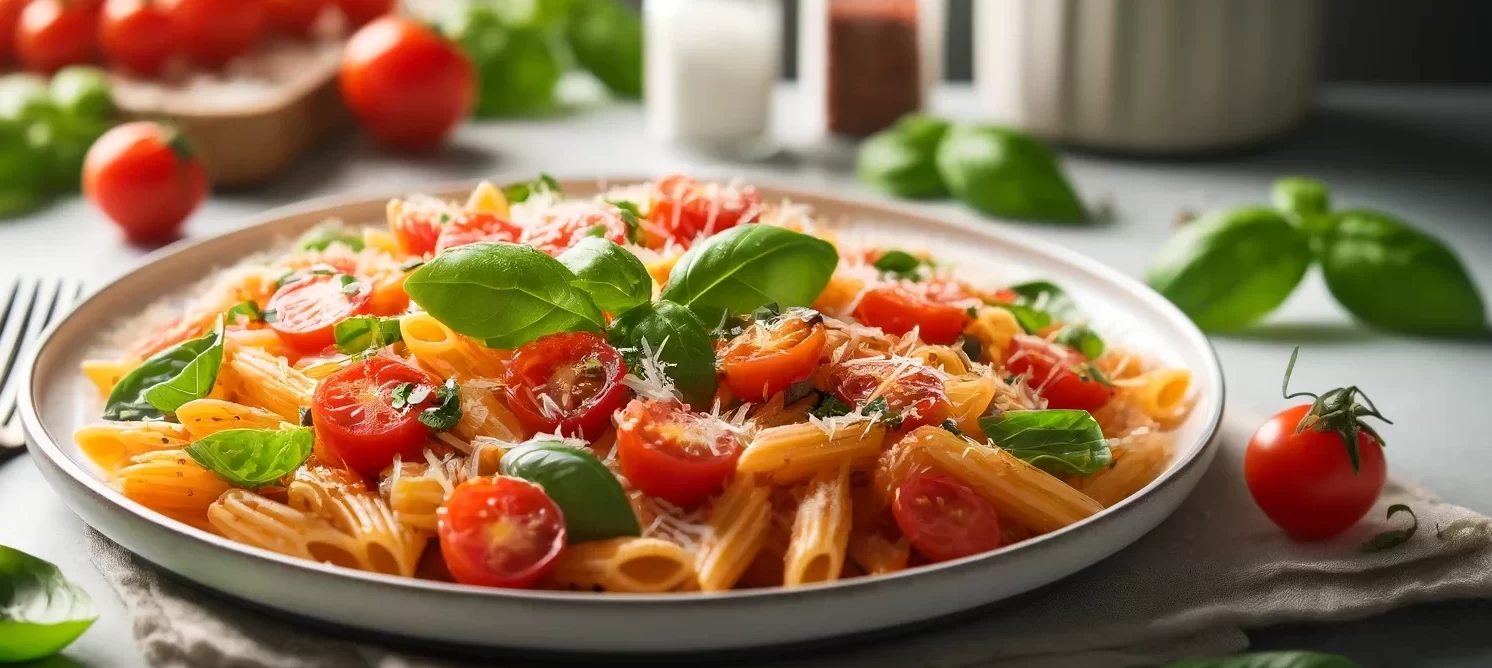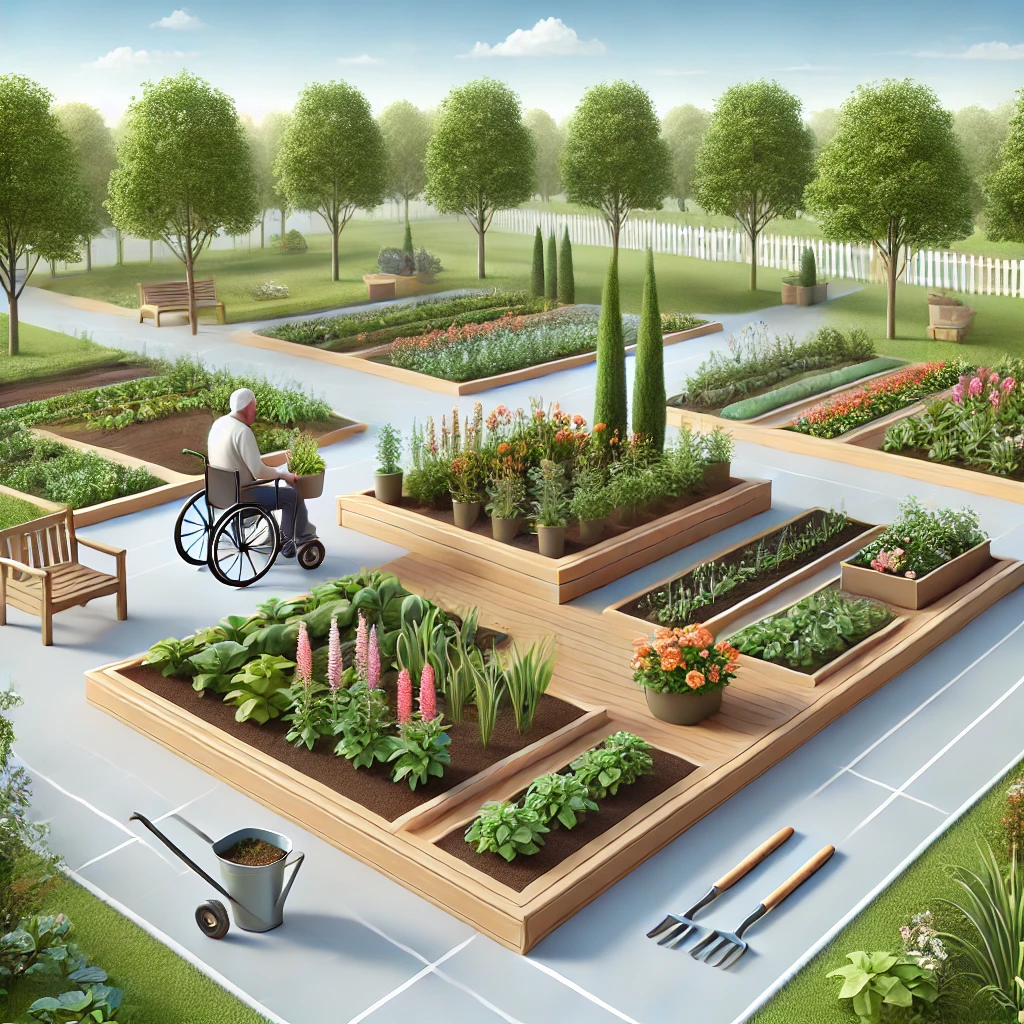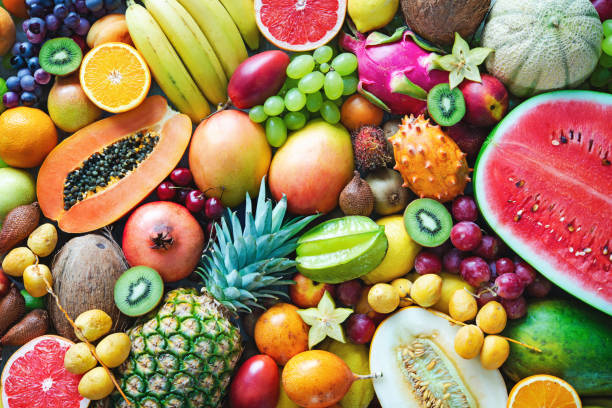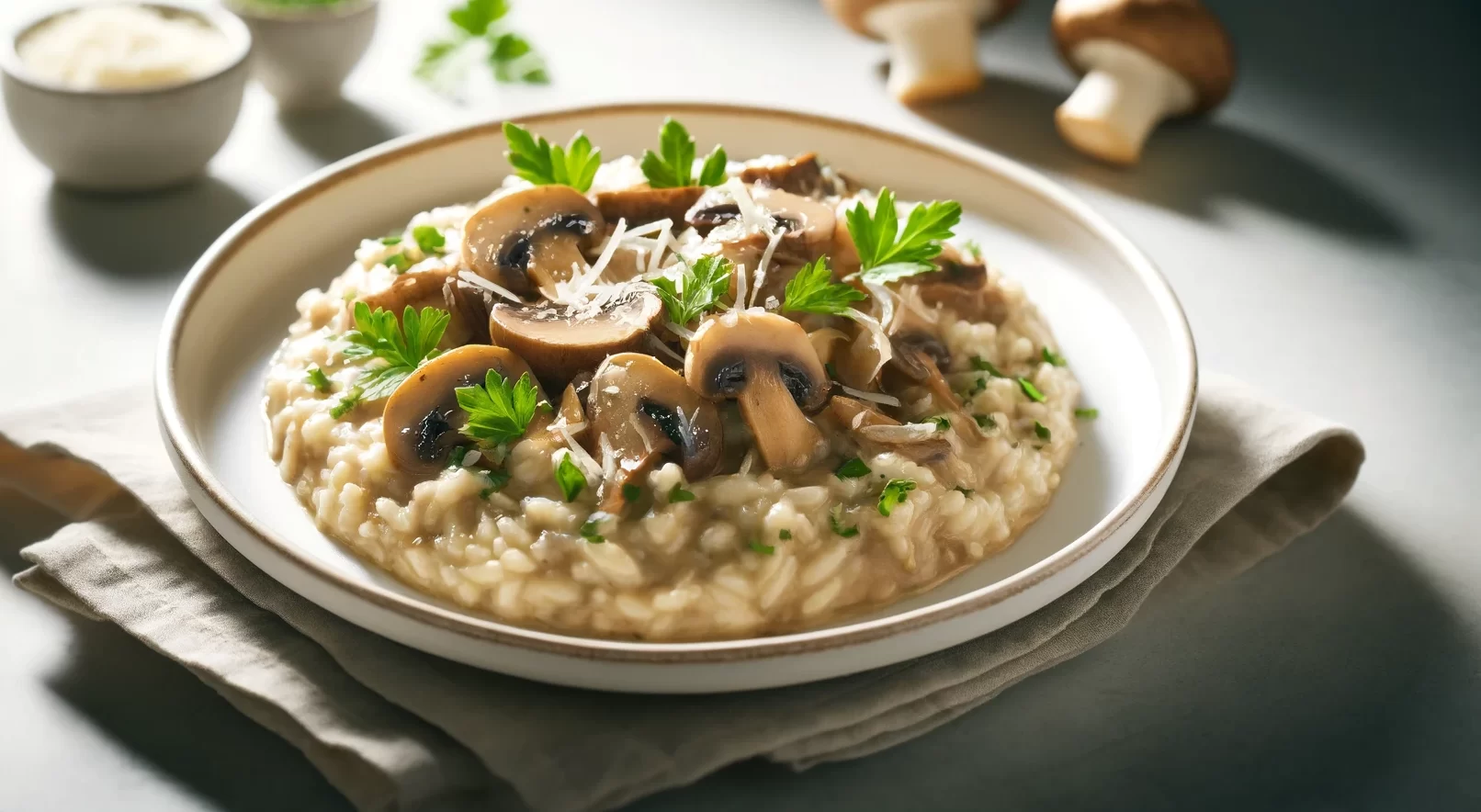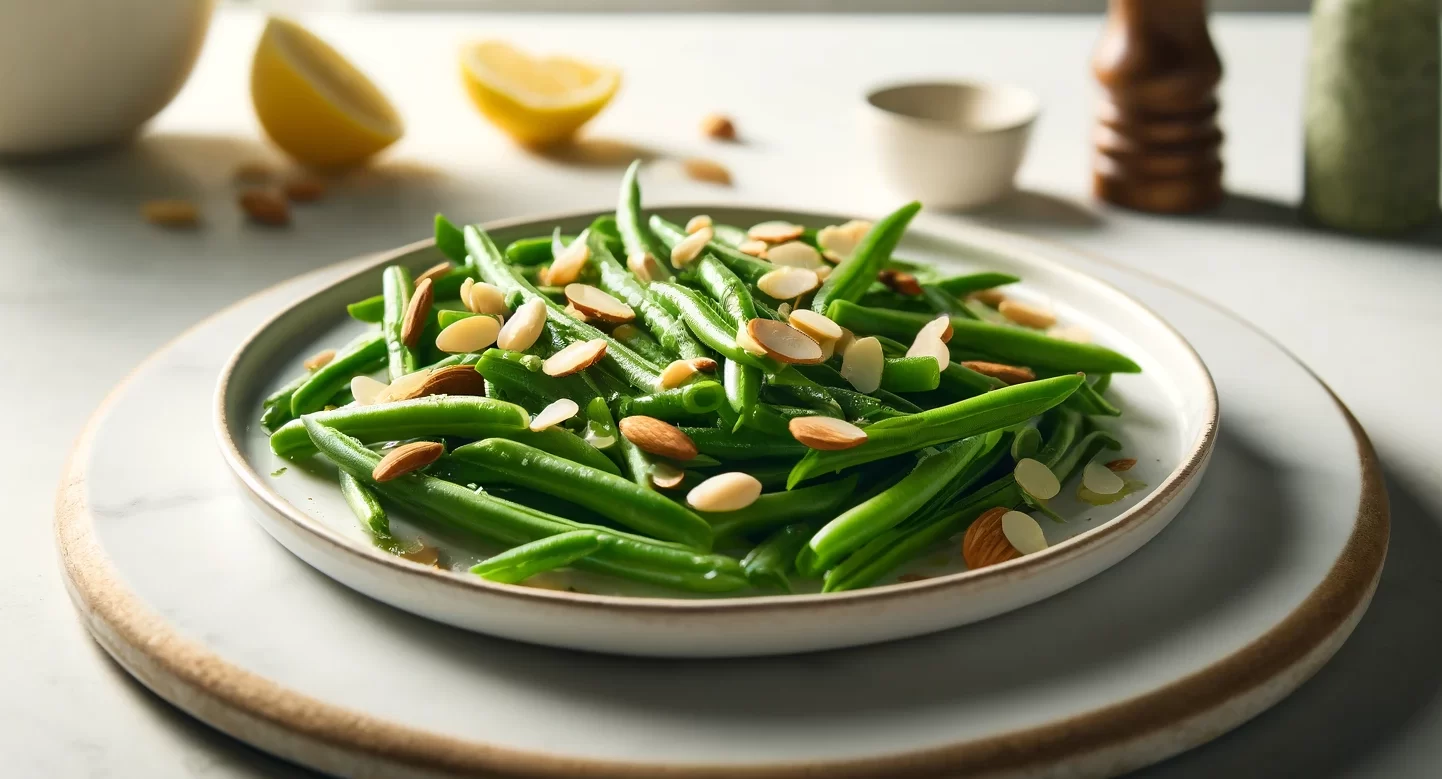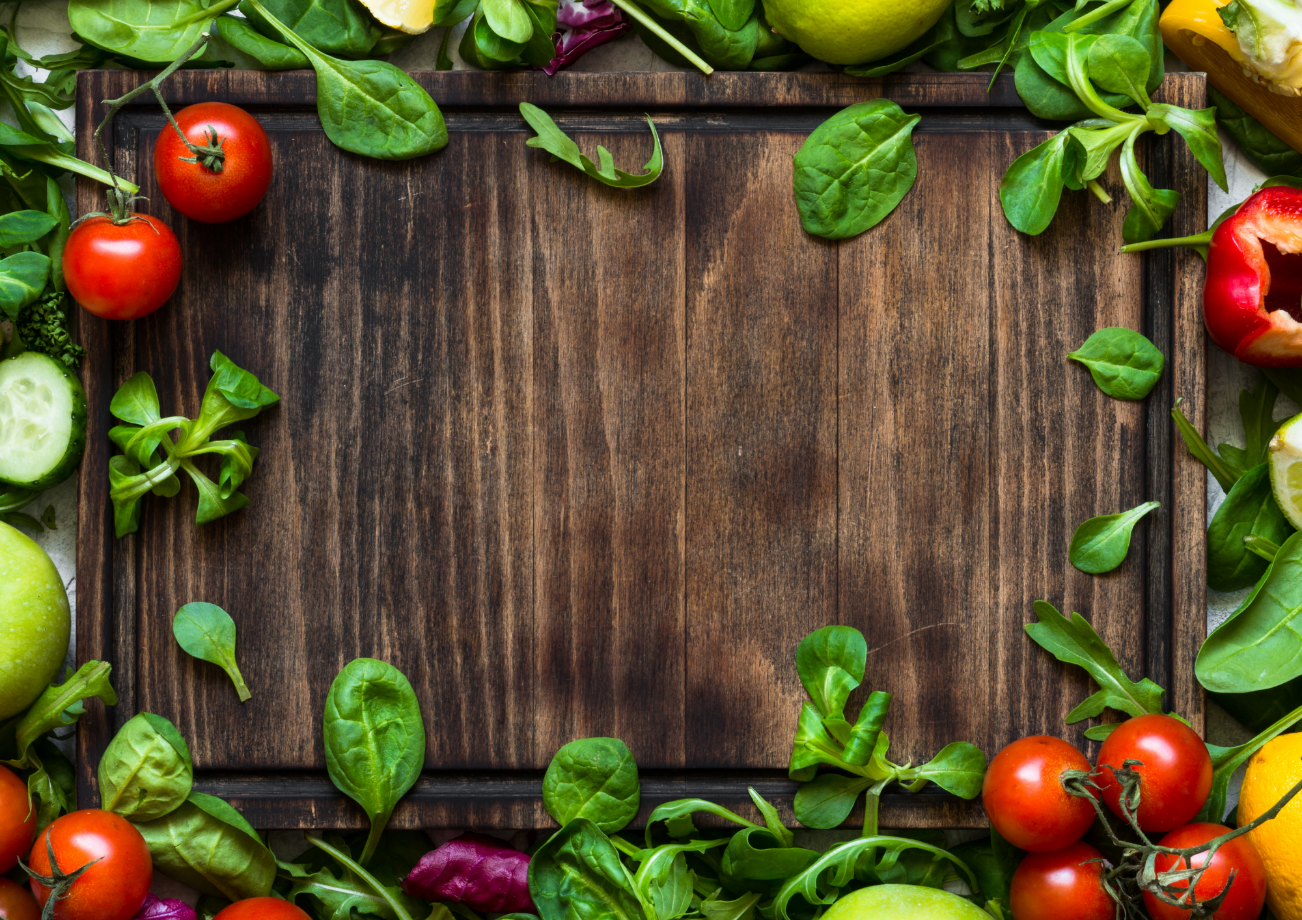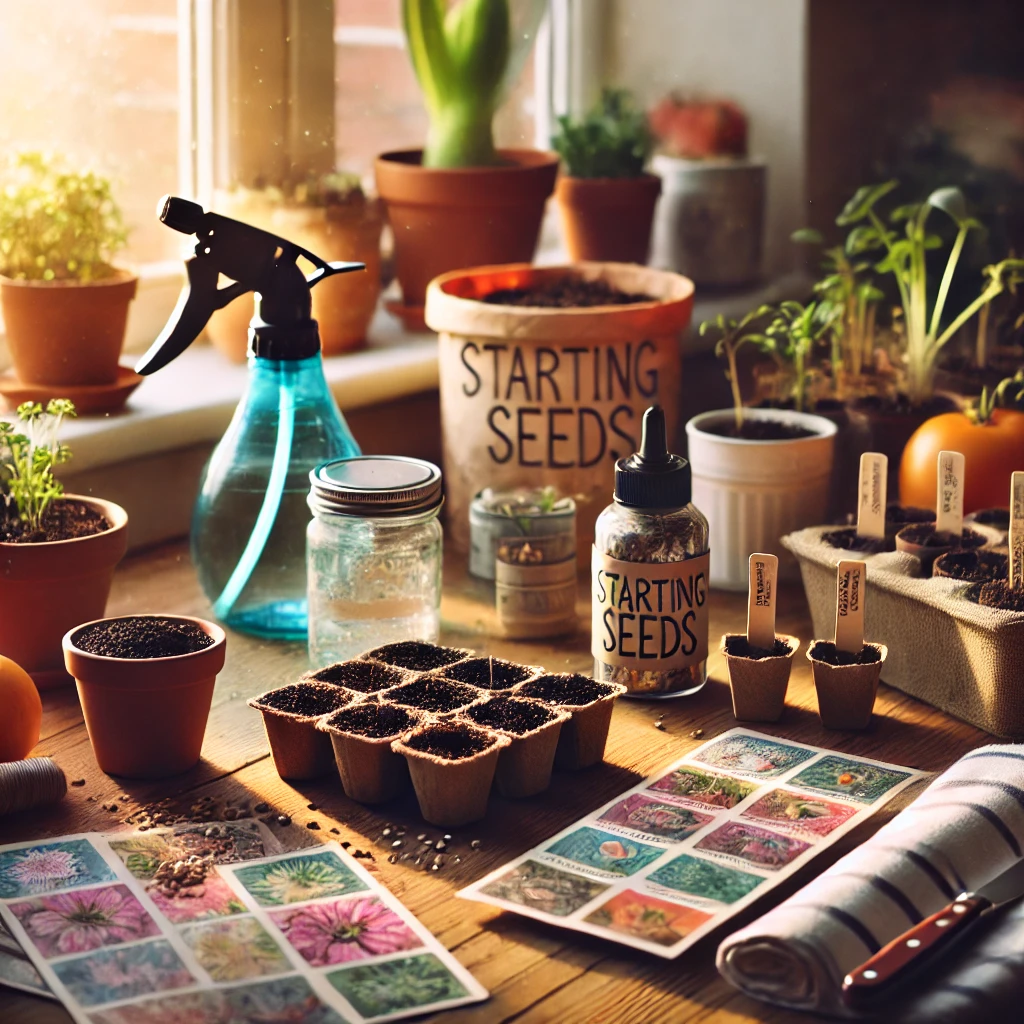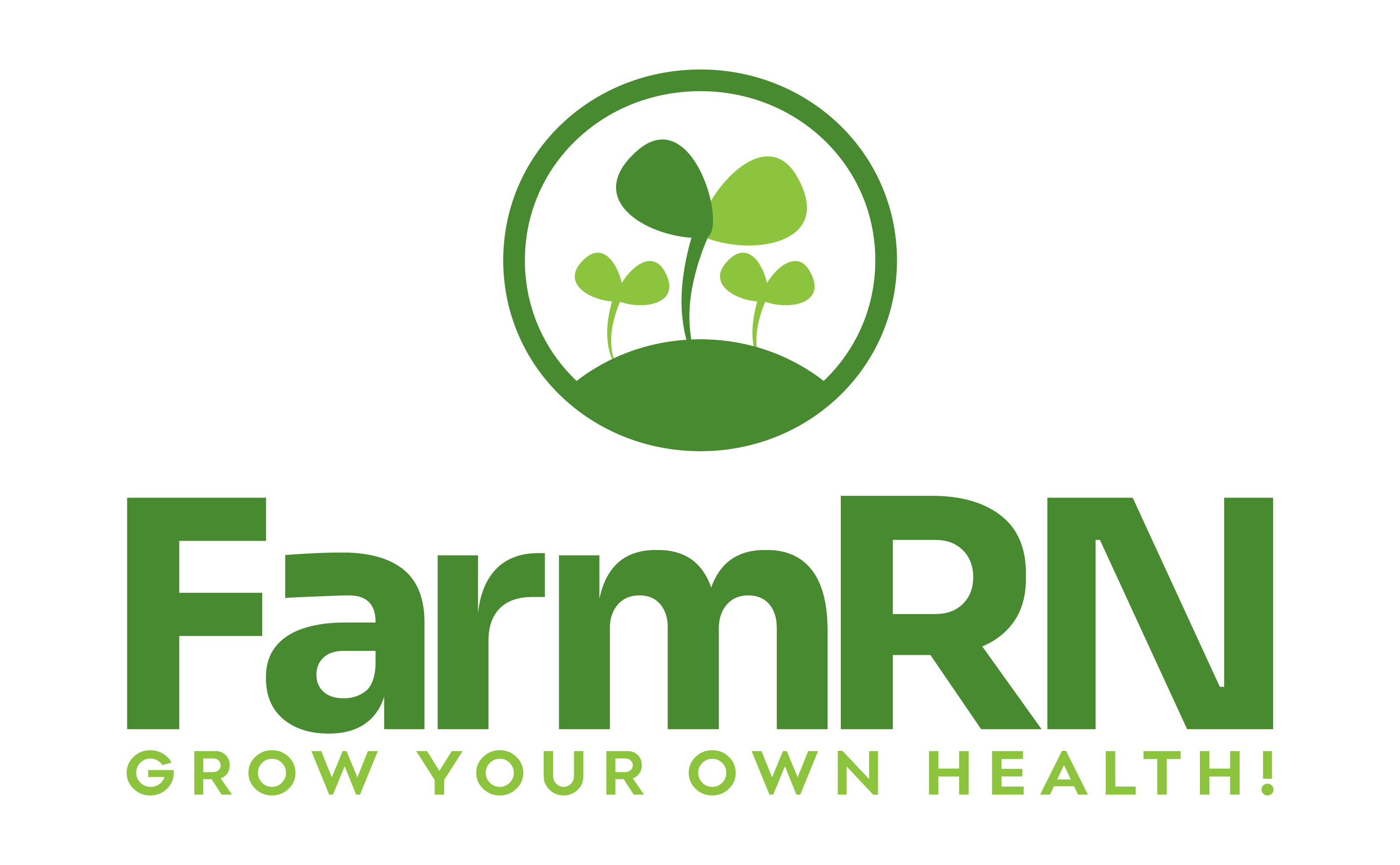Welcome to “Healthy Harvest,” a special corner crafted with love by a nurse who believes in the healing power of nature. In today’s world, where our health is more important than ever, what better way to nurture our bodies and souls than by growing our own organic garden? Gardening isn’t just about beautifying our surroundings; it’s a journey toward sustainability, self-reliance, and, most importantly, health. From the tender sprouts of spring to the bountiful harvests of autumn, let’s explore the art of growing organic, offering unusual insights and tips to ensure your garden is not just green but vibrant with life.
The Seed of Thought: Why Go Organic?
Organic gardening transcends the mere avoidance of synthetic pesticides and fertilizers. It’s a philosophy that encourages working in harmony with nature. By growing organic, we tap into the intrinsic vitality of plants, fostering ecosystems that thrive on biodiversity. This approach not only yields healthier produce but also nurtures the soil, air, and water around us, contributing to a healthier planet.
The Roots of Wellness: Soil Preparation
Your garden’s success begins with the soil. Enriching your garden bed with compost and organic matter turns it into a thriving hub for beneficial microorganisms. These tiny allies work tirelessly, breaking down organic material into nutrients that plants can absorb, promoting stronger growth and resilience against pests. Consider adding mycorrhizal fungi to your soil mix; these fungi form symbiotic relationships with plant roots, enhancing nutrient and water uptake, often overlooked but immensely beneficial for plant health.
Planting the Seeds of Health
Choosing the right plants is crucial in an organic garden. Opt for heirloom and open-pollinated varieties, which are not only less dependent on chemicals but also offer unique flavors and nutritional benefits often missing from their commercial counterparts. These varieties, passed down through generations, are treasures of genetic diversity and resilience. Introduce unusual herbs like lemon balm, ashwagandha, or holy basil; not only do they add a burst of flavor to your dishes, but they also come with a host of medicinal properties, from reducing stress to boosting immunity.
The Water of Life: Irrigation Techniques
Water is life, but in the garden, it’s all about how you deliver it. Drip irrigation and soaker hoses ensure water goes directly to the roots, where it’s needed most, minimizing waste and reducing the spread of leaf-borne diseases. Collecting rainwater is another eco-friendly practice, providing your plants with soft, natural water free of chlorine and other chemicals typically found in tap water. This simple step can make a significant difference in promoting plant health and conserving resources.
Companion Planting: Nature’s Pharmacy
Companion planting is the organic gardener’s best friend. By planting certain plants together, you can naturally repel pests, attract beneficial insects, and even enhance the growth and flavor of your produce. For example, marigolds emit a scent that deters pests, while basil planted near tomatoes can help improve their flavor. This natural approach to pest management not only keeps your garden chemical-free but also encourages a more diverse and resilient garden ecosystem.
Organic Pest Control: Gentle Warriors
When pests do invade, resist the urge to reach for chemical solutions. Natural remedies like neem oil, diatomaceous earth, and insecticidal soaps can be effective without harming the environment or beneficial insects. Encouraging predators like ladybugs, lacewings, and birds into your garden can also help keep pest populations in check. These gentle warriors are invaluable allies in maintaining the balance of your garden’s ecosystem.
Harvesting Health: When to Pick Your Produce
Harvesting at the right time is key to maximizing the nutritional value of your produce. Most fruits and vegetables are richest in nutrients when they’re ripe. Learning the signs of ripeness—a change in color, a certain softness, or a full, aromatic scent—can guide you to pick your produce at its nutritional peak. This not only ensures the best flavor but also the highest levels of vitamins, minerals, and antioxidants.
From Garden to Table: Preserving Your Bounty
Once you’ve harvested your organic produce, preserving its freshness is the next step. Techniques like freezing, drying, and canning allow you to enjoy the fruits of your labor throughout the year. These methods lock in nutrients and flavors, ensuring that your meals are not only delicious but also packed with the health benefits of your organic garden.
A Nurse’s Prescription: The Healing Garden
As a nurse, I’ve seen firsthand the healing power of nature. An organic garden is more than a source of fresh produce; it’s a sanctuary for mental and physical well-being. Gardening itself is a therapeutic activity, reducing stress, promoting physical activity, and providing a sense of accomplishment. Moreover, consuming organic produce, free from harmful chemicals, supports overall health, from digestion to immunity.
Engaging the Next Generation: Kids in the Garden
Introducing children to gardening can spark a lifelong interest in nature, health, and sustainability. Encourage them to get their hands dirty, plant seeds, and watch them grow. Gardening teaches kids about responsibility, the origins of their food, and the importance of taking care of the environment. It’s a valuable lesson in patience and reward, as they see the direct results of their care and effort.
Healthy Harvest is not just about growing food; it’s about growing life. Through patience, observation, and a bit of gardening savvy, we can transform our backyards into thriving ecosystems that nourish our bodies, minds, and souls. As we nurture our gardens, we also cultivate a deeper appreciation for the natural world and our place within it. Let’s embark on this organic gardening journey together, fostering not just plants, but health, happiness, and a sustainable future for all.
Join our community today by subscribing to our newsletter for more gardening tips, and don’t forget to explore our recipe tab for delicious, organic dishes that celebrate the bounty of your garden. Together, let’s sow the seeds of health and reap a harvest of wellness.
